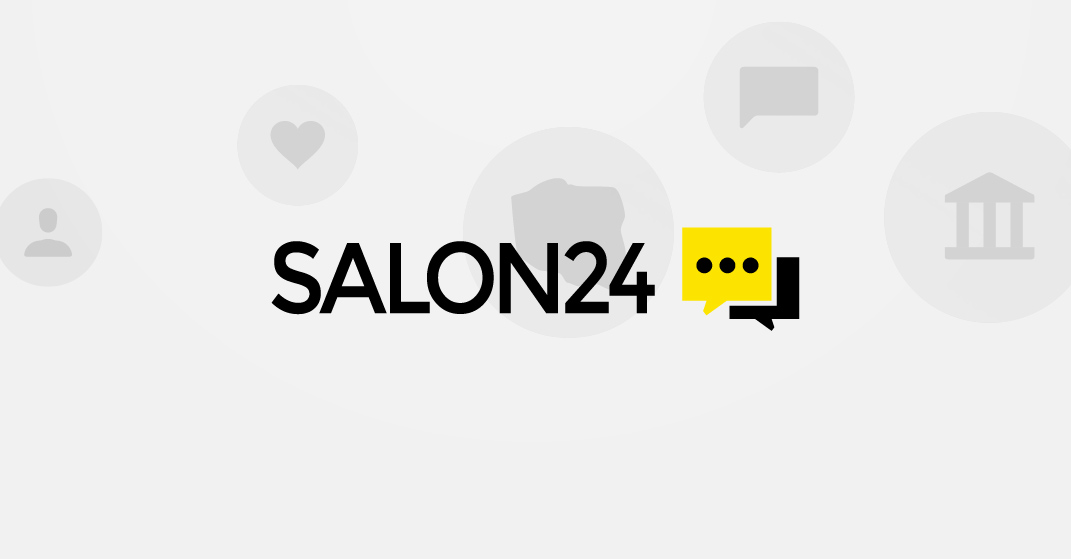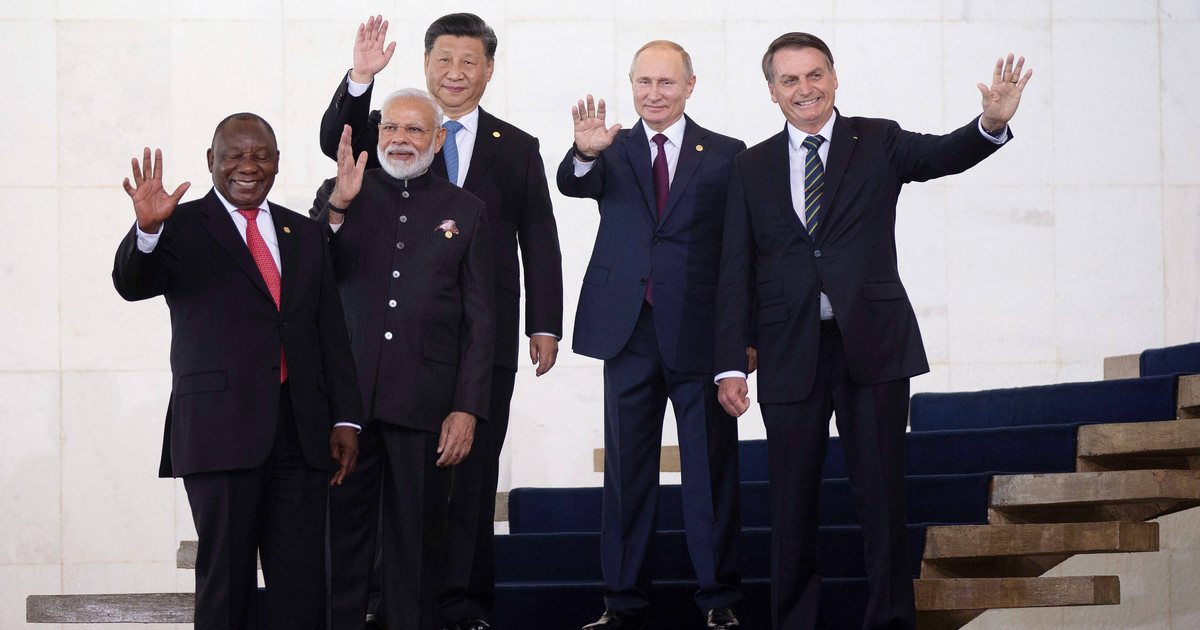In March this year. the following message appears in the media:
The new subjects – history and the present – will replace the knowledge about society that is realized in high schools, technical high schools and industrial schools in the basic scope. New subjects will be taught from September 1, 2022. The relevant regulations are published in the Journal of Laws.
A team appointed by the Minister of EN develops the core curriculum for the new subjects.
The first textbook for new subjects is entitled: “History and the Present. A textbook for secondary schools and technicians. Grades 1. 1945–1979” proposed by the publisher “Biały Kruk”. The author of this handbook is prof. Wojciech Roszkowski.
Wojciech Stefan Roszkowski, ps. “Andrzej Albert” – Polish economist, historian and academic teacher, professor of humanities. Vice-chancellor of the Warsaw School of Economics, Member of the European Parliament 6th term. He is a book author Recent Polish history: 1918-1980 and Recent history of Poland, 1914-1993and author of a series of history textbooks co-written with Anna Radziwi.
An interview with prof. Wojciech Roszkowski, v which he recounts the assumptions of new subjects and textbooks, about historical narrative views, about the manipulation of the word communist and neo-communist, and explains why many textbooks have so far omitted key historical facts after World War II:
[…] History and the Present aims to relate postwar events to basic concepts that function in social and economic life, in culture and politics, as well as in ethics. The point is that students, after studying the material, really understand what is said in public debates or in other statements or discussions, as well as in private conversations.
[…] Media, especially today’s media, shorten the distance between sender and receiver, and for this purpose they use increasingly simplified messages. Under the influence of this abbreviation, more and more people began to read only the headlines, began to read or only watch news abbreviations. How are they supposed to understand what, for example, politicians are really talking about? I think young people at the secondary school level should become more aware of the information world in which they live. Each of us takes it for granted that the world around us is understandable – because everyone sees it. The student thinks the same and does not realize the extent to which he is being manipulated. This manipulation is caused by shallow information gathering, including the use of various vague terms such as “democracy”, “fascism”, “ideology”, “populism”, “rule of law” etc. The basis of this superficiality, and thus of misunderstanding, is a lack of relevant knowledge. Let’s hold on to the same example of fascism. Despite the fact that it is sometimes associated with a person in a completely unjustified way, fascism also has many faces and thus different effects. We need to know how the Italian system of Mussolini’s time differed from that of the Third Reich in Germany. Yet another is the system of the Franco period in Spain. Yet another word was used in Soviet propaganda. Only when we know all this can we use the concept meaningfully.
Can we say that some textbooks to date have manipulated history?
Maybe they don’t manipulate so much because they impart knowledge which is, let’s call it split.
Do they omit some important facts or misrepresent some events?
Yes, they overlooked some important facts, most often those that occurred after the Second World War. On the other hand, the material processed in WoS does not match the historical material. On the other hand, the ambition of the authors of the program and textbook History and Present is to relate concepts closely to events to lead to understanding these concepts and understanding certain historical processes and sequences through specific examples. Memorizing dates and names without understanding historical logic, without understanding that an event is the result of previous events, that there can be no effect without a cause, will always be boring – this is what the students complain about. When a story is presented as an understandable narrative, it becomes engaging and engaging.
Therefore not about the liquidation of Knowledge of Society (WoS) but about incorporating its elements into recent history?
Yes, it’s about integrating most of WoS into history lectures. When you talk about democracy after the war, for example, you need to explain to students how it was interpreted in different countries after 1945, including how it was falsified, how it became a facade or cover for the actions of a dictator. Or take an entirely new example: Russia accused Ukraine of Nazism. Well, HiT’s job is to mold a young man in such a way that he doesn’t take what Kremlin propaganda says. And not because this is what the teacher says, but because the students themselves can see that history proves the lies contained in this propaganda.

“Reader. Future teen idol. Falls down a lot. Amateur communicator. Incurable student.”



